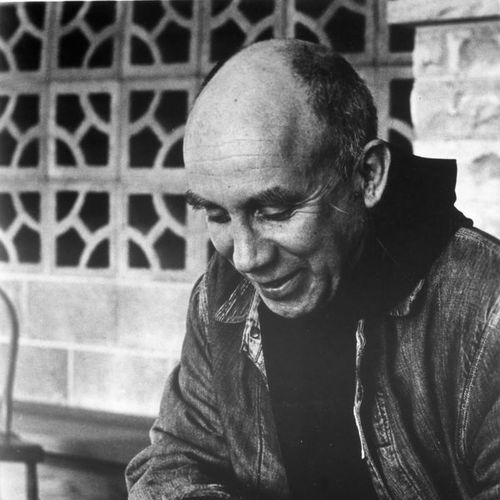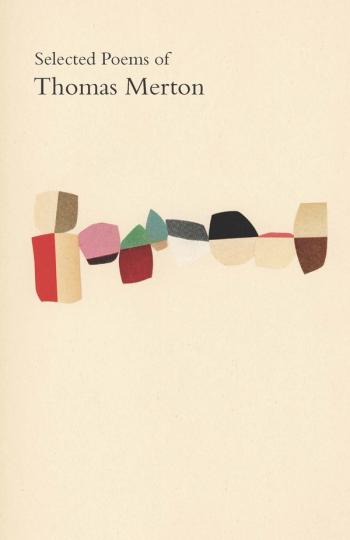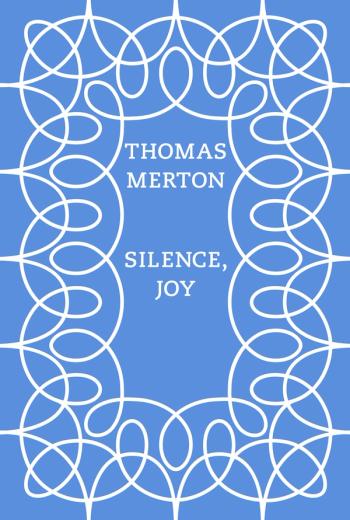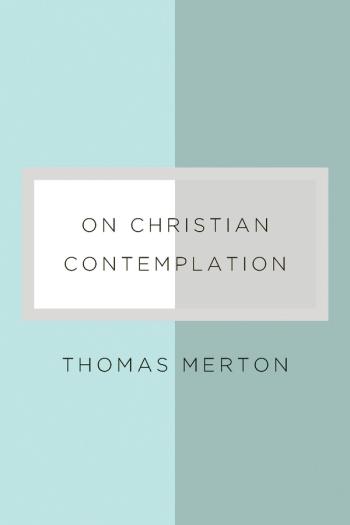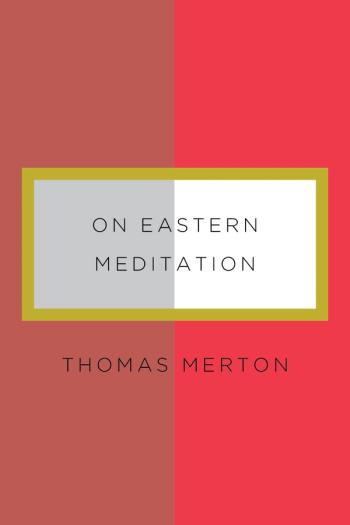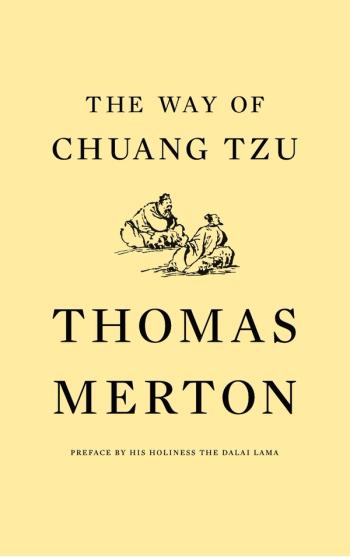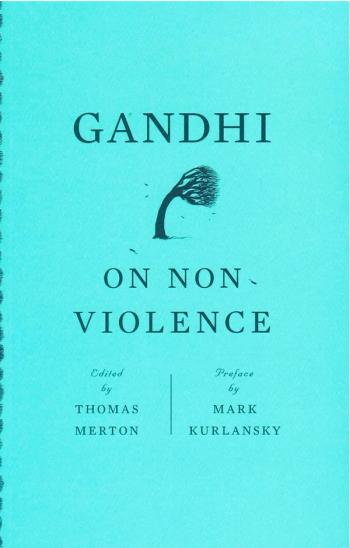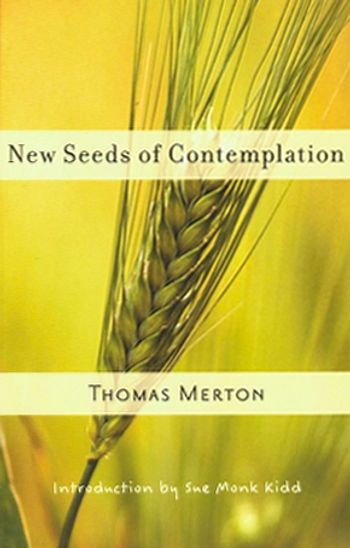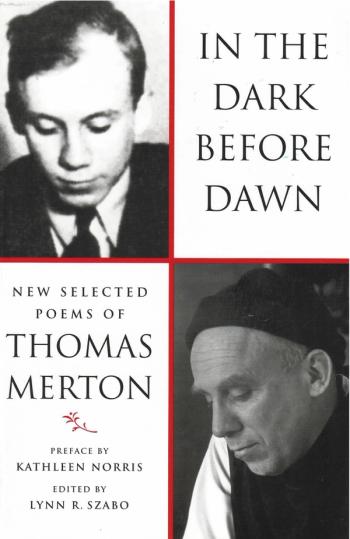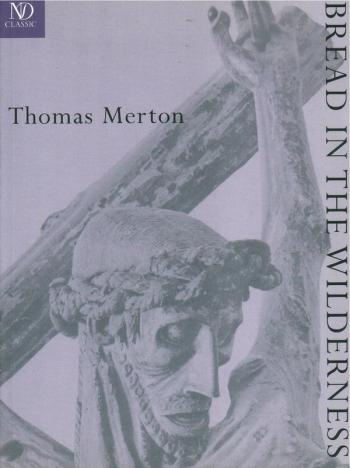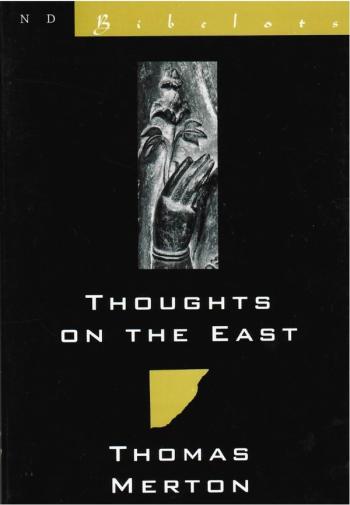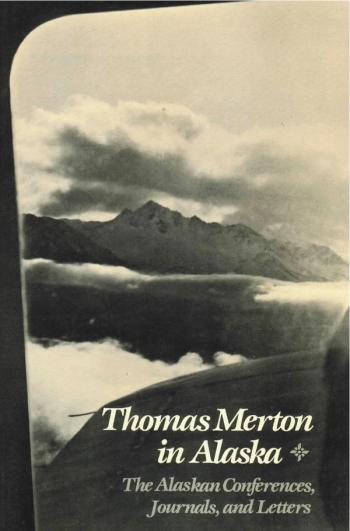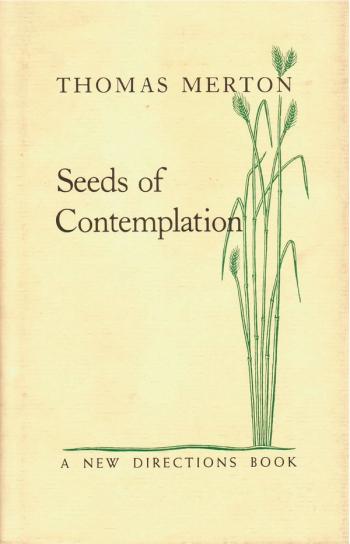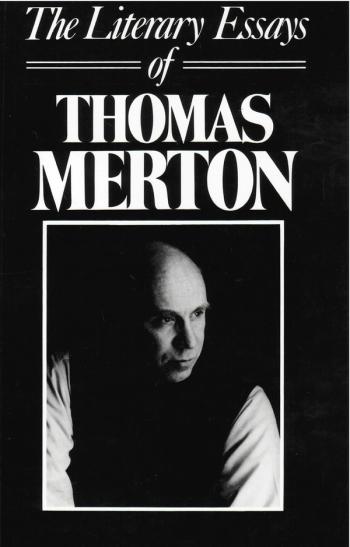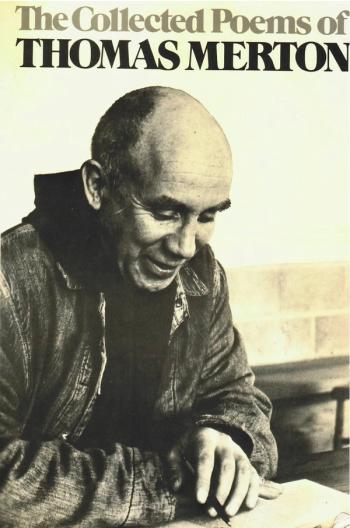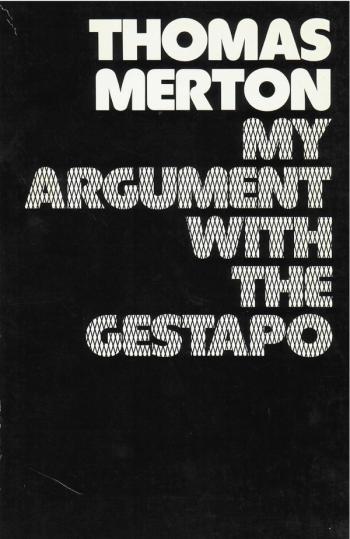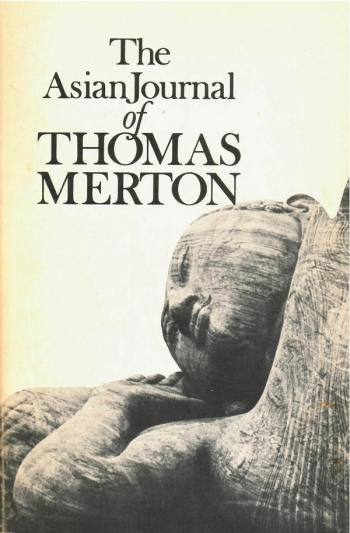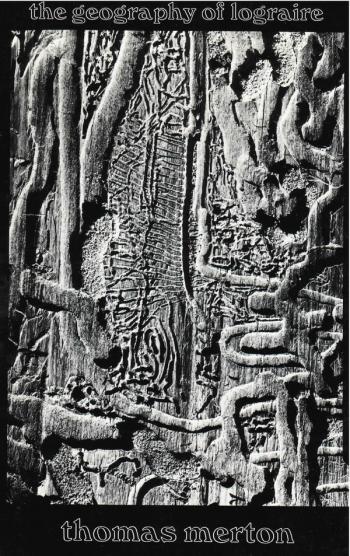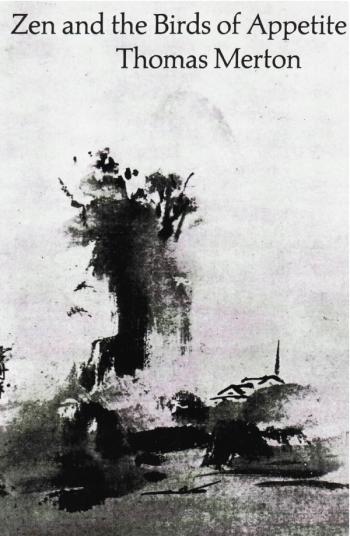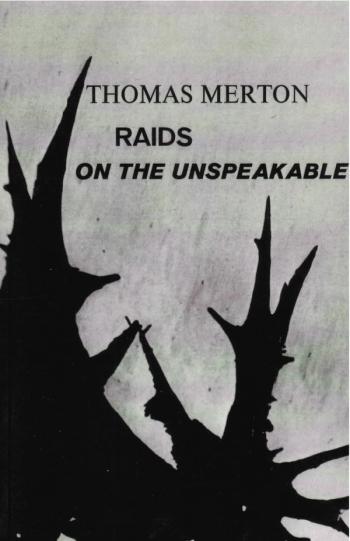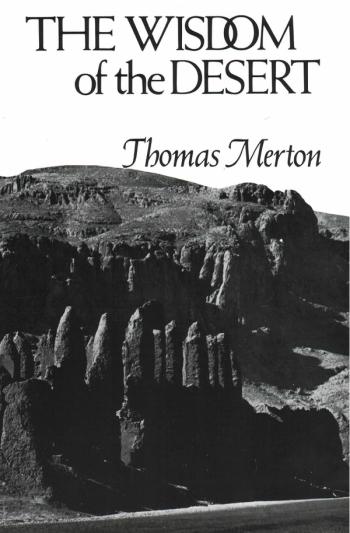As author
Selected Poems of Thomas Merton
Silence, Joy
On Christian Contemplation
On Eastern Meditation
The Way of Chuang Tzu
Gandhi on Non-Violence
New Seeds of Contemplation
In The Dark Before Dawn
Bread In The Wilderness
Thoughts On The East
Thomas Merton In Alaska
Seeds Of Contemplation
The Literary Essays Of Thomas Merton
The Collected Poems Of Thomas Merton
My Argument With The Gestapo
The Asian Journals of Thomas Merton
The Geography Of Lograire
Zen And The Birds Of Appetite
Raids on the Unspeakable
The Wisdom of the Desert
Thomas Merton
Thomas Merton (1915–1968) is arguably the most influential American Catholic author of the twentieth century. His autobiography, The Seven Storey Mountain, has sold over one million copies and has been translated into over fifteen languages. He wrote over sixty other books and hundreds of poems and articles on topics ranging from monastic spirituality to civil rights, nonviolence, and the nuclear arms race.
Thomas Merton was born in Prades, France. His New Zealand-born father, Owen Merton, and his American-born mother, Ruth Jenkins, were both artists. They had met at painting school in Paris, were married at St. Anne’s Church, Soho, London and returned to the France where Thomas Merton was born on January 31st, 1915.
After a rambunctious youth and adolescence, Merton converted to Roman Catholicism whilst at Columbia University and on December 10th, 1941 he entered the Abbey of Gethsemani, a community of monks belonging to the Order of Cistercians of the Strict Observance (Trappists), the most ascetic Roman Catholic monastic order.
The twenty-seven years he spent in Gethsemani brought about profound changes in his self-understanding. This ongoing conversion impelled him into the political arena, where he became, according to Daniel Berrigan, the conscience of the peace movement of the 1960’s. Referring to race and peace as the two most urgent issues of our time, Merton was a strong supporter of the nonviolent civil rights movement, which he called “certainly the greatest example of Christian faith in action in the social history of the United States.” For his social activism Merton endured severe criticism, from Catholics and non-Catholics alike, who assailed his political writings as unbecoming of a monk.
During his last years, he became deeply interested in Asian religions, particularly Zen Buddhism, and in promoting East-West dialogue. After several meetings with Merton during the American monk’s trip to the Far East in 1968, the Dali Lama praised him as having a more profound understanding of Buddhism than any other Christian he had known. It was during this trip to a conference on East-West monastic dialogue that Merton died, in Bangkok on December 10, 1968, the victim of an accidental electrocution. The date marked the twenty-seventh anniversary of his entrance to Gethsemani.
